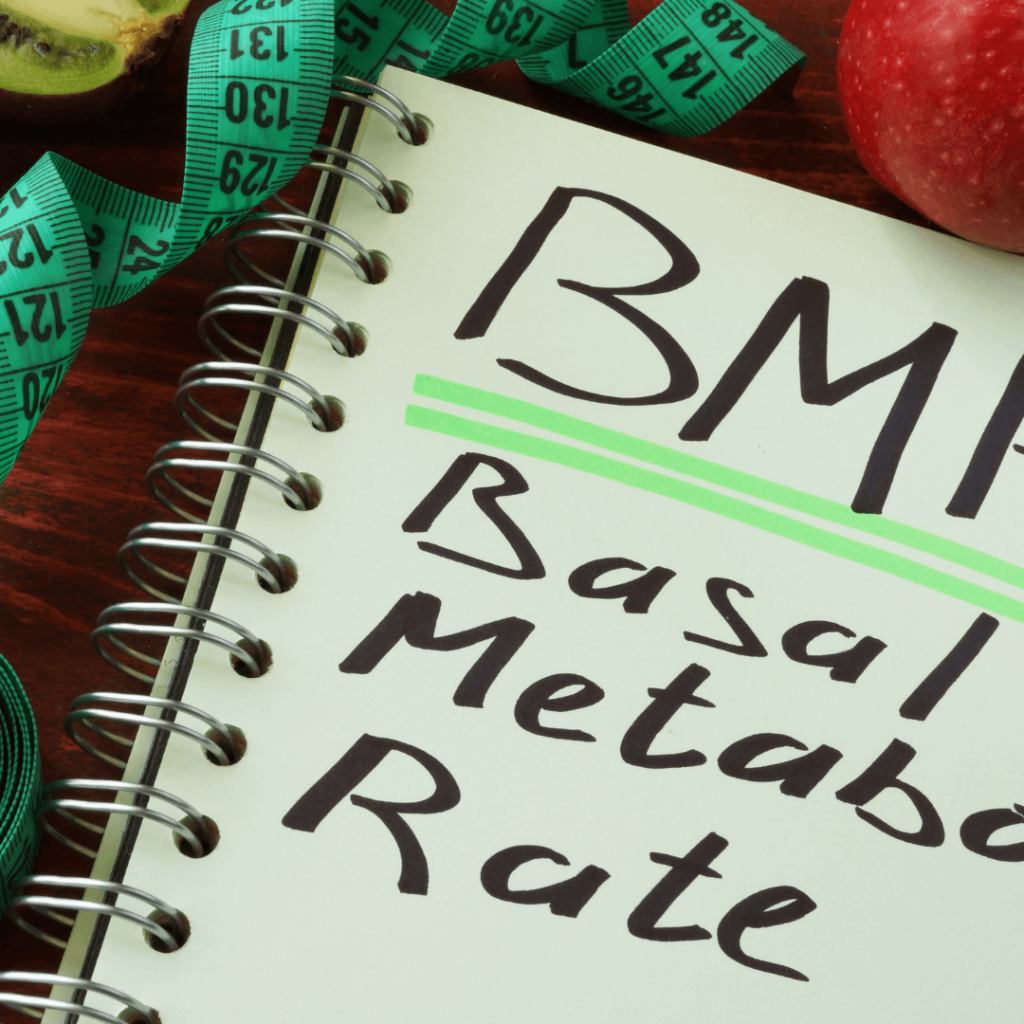BMR Calculator
What is BMR?
BMR, is short for Basal Metabolic Rate.
This is the number of calories your body needs to perform basic, life-sustaining functions while at rest. These functions include circulation, breathing, cell production, nutrient processing, protein synthesis, and ion transport.
In other words, it’s the amount of energy (in calories) that your body requires to function at rest for a full day.
What does the BMR Calculator do?
As the name might suggest, our BMR calculator calculates your Basal Metabolic Rate. It provides you with an amount of calories you’ll need on a daily basis to just stay alive. The calculator presumes that you’ll be doing nothing more strenuous than sitting on the couch for the day.
How to use the BMR Calculator
- Choose a Calculation Method: Select either the “Harris-Benedict Equation” or the “Mifflin-St Jeor Equation” from the dropdown menu labeled “Calculation Method.”
- Enter Your Age: In the input field labeled “Age,” enter your current age.
- Select Your Gender: Choose your gender (Male or Female) from the dropdown menu labeled “Gender.”
- Enter Your Weight: In the input field labeled “Weight (kg),” enter your weight in kilograms.
- Enter Your Height: Input your height in centimeters in the field labeled “Height (cm).”
- Calculate Your BMR: Click on the button labeled “Calculate BMR” to get your basal metabolic rate.
- Reset if Needed: If you need to enter new values, click the “Reset” button to clear all input fields and start again.
Why are there two different calculation methods?
In the calculator above you will see that there are two different methods of calculating your BMR.
Both equations estimate the number of calories you’d burn per day if you were at rest all day. This baseline can be helpful for weight management and understanding your energy needs
Explanation of Calculation Methods
- Harris-Benedict Equation: This method is one of the oldest and was originally developed in 1919. It has separate formulas for men and women and considers age, weight, and height. It’s known for being less accurate for those who are extremely muscular or obese, as it doesn’t differentiate muscle mass from fat mass.
- Mifflin-St Jeor Equation: Developed in 1990, this method is considered more accurate than the Harris-Benedict Equation, especially for modern lifestyles. It also accounts for age, weight, and height but is believed to provide a better estimation of BMR, particularly for people who are overweight or obese.

Why should you calculate your BMR?
Calculating your BMR is one of a number of steps you can take that can help you to create an effective and personalized nutrition and fitness plan. This is one of a number of tools and methods that can help you on your journey to achieving your health and wellness goals.
- Weight Management: Knowing your BMR can help with weight loss, gain, or maintenance. It provides a baseline for the number of calories your body needs before factoring in physical activity. To lose weight, you would aim to consume fewer calories than your BMR plus your activity level; to gain weight, you’d consume more.
- Creating a Diet Plan: Understanding how to calculate your BMR helps in tailoring a diet plan that meets your energy requirements without overeating or undereating.
- Understanding Energy Needs: BMR varies based on age, gender, size, and genetics. Knowing your specific BMR can help you understand your unique energy needs.
- Health and Fitness Goals: For those involved in fitness or sports, BMR is a crucial metric to understand how much energy their body needs and how many calories they should consume to fuel their activities.
- Medical Reasons: In certain medical conditions, like thyroid disorders, BMR can be significantly affected. Monitoring BMR can be important in these cases.
